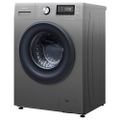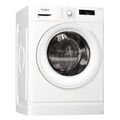How to Choose the Best Washing Machine?
What are the most important factors to consider before buying a washing machine? Labeb.com will inform you about the important aspects
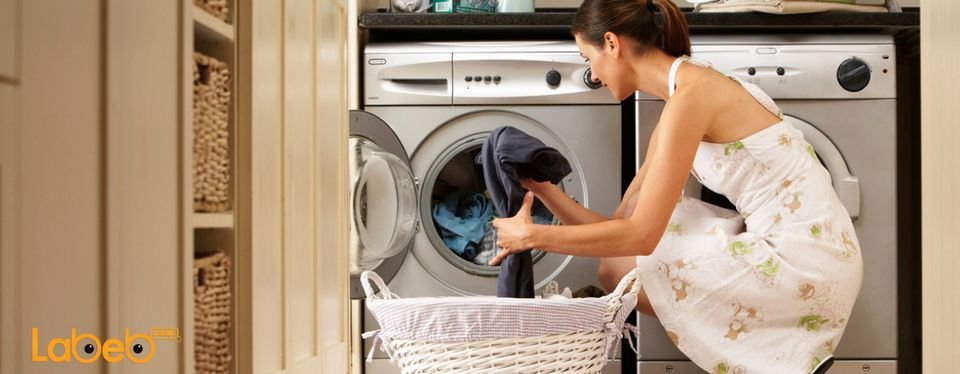
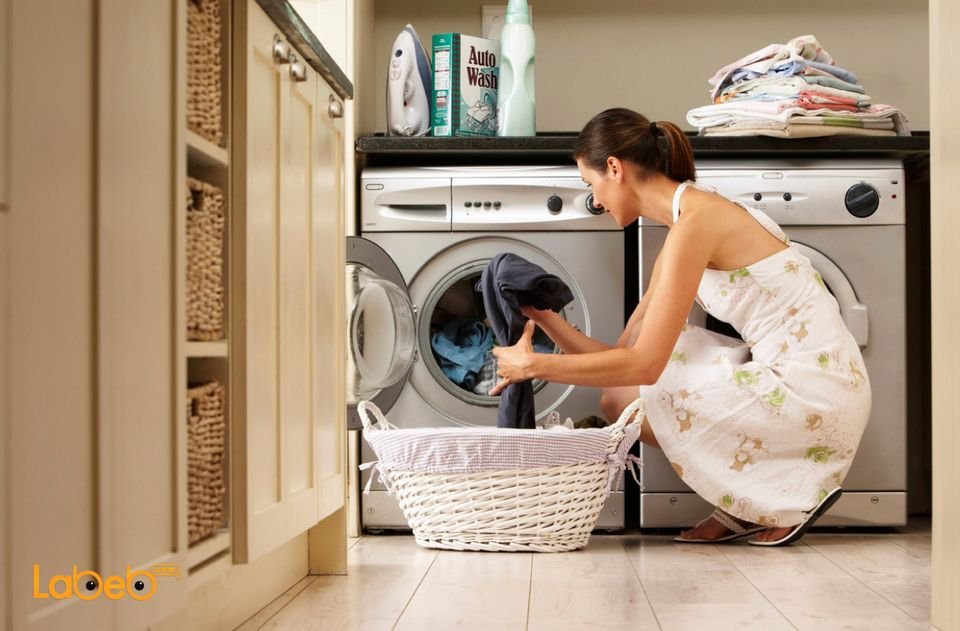

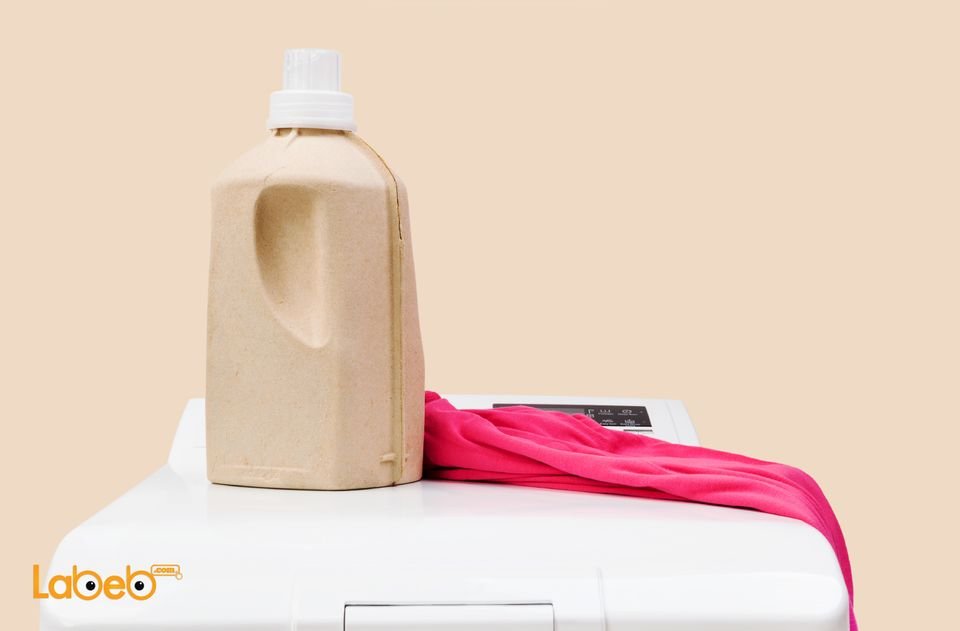
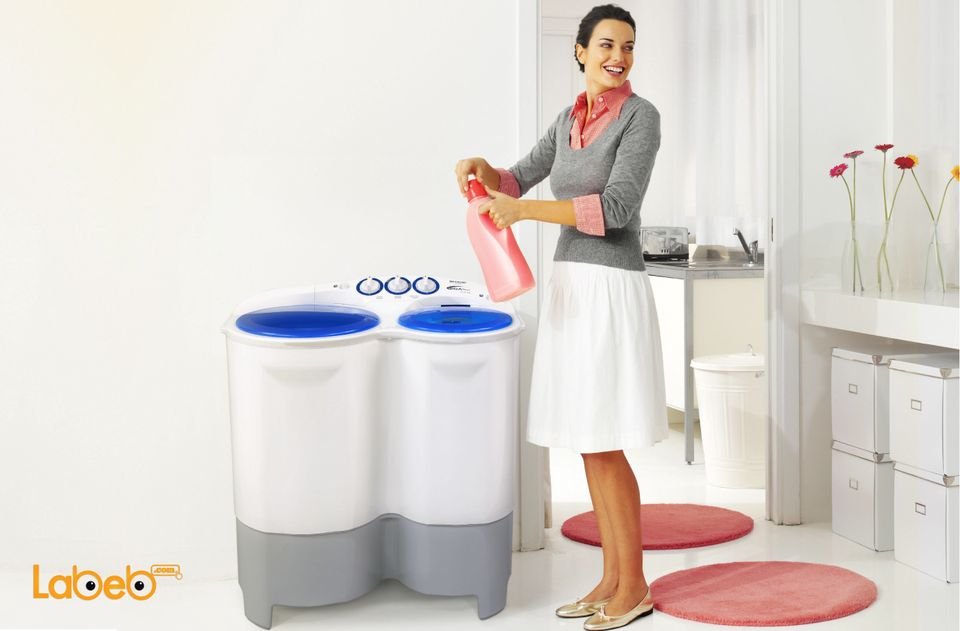
Buying a washing machine may seem like a very hard decision to make! That is because there are many different types and brands in the market, but when you become familiar with the specifications and features of each type, the decision becomes easier! We here at Labeb will inform you about the different types and features of washing machines to make it easier.
The most important aspects when buying a washing machine is to know the types, brands, and specifications of each one.
Generally, you need to choose what you need and that will limit your options when you go to the market.
It is known that washing machines became a necessity in our daily life, and it can last for many years. This means that you need to make sure that you are making the right decision when you buy one so that you do not change it after a short period of time.
The prices of washing machines range between 120 USD (85 JOD’s) and more than 1400 USD (1000 JOD’s) depending on the specifications of each one, the brand, and many other factors.
To avoid making a random decision, you need to be patient since you only buy a washing machine once and you do not want to make a hasty decision and end up replacing it after a short period of time!
Types of Washing Machines
Washing machines are divided into two main types: traditional washing machines, and automatic washing machines. The difference between them is large and depends mostly on how the water is filled and emptied.
Traditional Washing Machines

This is the least common type of washing machines nowadays since the majority of washing machines are automatic; hence these are the cheapest in the market.
The water is filled manually in the hole designed for washing; afterwards you push a specified button for ejecting the water through a pipe.
This type is not easy to find in the market and there are two types available: the first with one hole (single hole washing machine), and the second has two holes (double hole washing machines) where one is for washing and the other is used for drying.
This type is sometimes referred to as semi-automatic washing machines, and it is a water and energy saving machine. The capacity is usually between 4 to 14 KG.
Even though it is not a widespread machine, it is still preferred by a certain market segment. Therefore, companies still manufacture this type and release it to the market.
Automatic Washing Machines
This is the most widespread type of washing machines and has an average capacity of 5 – 12 KG. It automatically fills and empties water from it through pipes connected through walls. One pipe fills clean water and the second empties the water used through the sewage network.
This type is available in two kinds as well: top loading and front loading washing machines. Both are also available as washing machines and as washing machines and dryers.
The difference between the two types is how you put the clothes in the machine (loading mechanism) and below we will list the specifications of each type.
Top Load Washing Machines
This type is easy to load clothes into since it is done from the top. The user will not need to bend down to put the clothes in or out of the washing machine. It is also available in different sizes and with or without a dryer.

We must point that top loading washing machines consumes a lot of water and electricity. Some users believe this type will damage the clothes because of the loading mechanism and think that the clothes will get ruined when being pulled out because of the increase in weight due to being soaked in water.
On the other hand, there are other users who believe that the way you get the clothes out is what causes damage; hence they see this as a human error and not because of the machine itself (you can remove the clothes in a certain way without causing damage).
This is an easy to use a washing machine, especially for the elderly. As we mentioned before, putting the clothes in the machine does not require you to bend over. However, this type does not heat water; meaning you need two pipes, one for cold water and one for hot water.
Front Load Washing Machine
With this type, you put the clothes from the circular door in front of the machine, and this is better than the top loading machine when it comes to performance, and it also saves energy and water.

However, this type has a fast spinning speed which makes a louder noise than the top loading type, and people who are sensitive to this noise avoid getting one.
We must point that the time to finish one load in this type is longer that the other type.
It is also available in different sizes, and is available with or without a dryer, and has its own soap. The soap is put in a certain place to avoid calcification, and it takes longer time to finish.
After presenting the different types we have to mention the differences in their prices which we will talk about in the next section.
What are the Main Features that Make a Difference between Washing Machines?
The tank capacity does not affect the dimensions of a washing machine but it does affect the prices. An average family of 4 will ideally need a 7KG capacity (also considered the average capacity of washing machines).
Some washing machines have a first wash feature; meaning that the machine washes the clothes with water first to clean stains, and that is considered ideal for a family with kids.
The other special feature is the timer. Some washing machines have a timer in which the user can set the time to turn the machine on and off, this is preferred by people who work during the day.
The last feature is the steam spin; it is a very limited feature that also increases the price as it cleans tough stains. Some families prefer this type even though it is expensive.
Capacity
Front load washing machines have a capacity ranging between 5 to 12 KG, while the top loading washing machine has a capacity between 11 to 18 KGs. Usually, the average capacity of washing machines range between 7 to 8 KGs for both types.
Even though 7 KG is the common capacity, but that does not mean that families cannot purchase bigger or smaller machines depending on the number of family members.
Big families will need washing machines with bigger capacity making it more economic. That is because you can load more clothes in the same wash and thus saving water and electricity. If you want to load the same amount in a smaller machine, you will need more than one wash to clean them and thus consuming more water and electricity.
The capacity does not affect the dimensions, the average dimension of a front loading washing machine is 86x60x60 cm, while the dimensions of an upper loading washing machine is 110x60x60 cm. That does not mean that all machines have the same outer dimensions and it is still something you need to check.
Spinning Speed
The spinning speed is another feature you need to check. New washing machines have an average spinning speed of 1200 – 1600 turn per minute; the more spins the less time the clothes will need to dry and the more expensive it gets. A machine with a 1300 – 1400 spins is considered ideal for most users.
The faster it is the cleaner the clothes but louder the machine. It also damages thin clothes and so you need to make sure the machine you are getting is more suitable for your clothes.
For a smart decision, determine the features you want to have in the washing machine – capacity and spinning speed. You also need to check other features like a timer, steam spin and other specs. If you choose a type, capacity, and spinning speed do not forget to check Labeb’s tips before making a purchase.
Before Going to the Store!
There are some things you need to check before making a purchase:
- Make sure you measure the dimensions of the place you plan on putting the machine in and the machines dimensions as well to make sure it fits. Again, the dimensions do not affect the capacity, and the average dimensions of a front loading machine is 60x60x85 cm while the top loading has dimensions of 60x60x110 cm.
- You need to leave a minimal 15 cm space around the machine, especially where the pipes are located.
- Measure the dimensions of your doors and make sure the machine fits through them.
- If you want to put the machine near a bedroom or in a bathroom next to bedrooms, it is better you get a quitter machine.
- The most ideal machine has a capacity between 7 – 8 KG with a spinning speed of 1300 – 1400 spin per minute. Remember that thin and delicate clothes need a slower speed.
- Even though washing machines can have a dryer as well, but customers usually prefer getting two separate machines. Few get one when there is no space for two.
- Upper loading machines consume more water and electricity than the front loading one but it is more suitable for the elderly as they do not have to bend when removing clothes.
After introducing the different types of machines and their features, you now need to choose what you need to suit your needs.
Finally, we at Labeb advise you to choose what you need wisely, and do not forget to stay tuned with Labeb.com to make a smart and wise decision.
- [[PropertyDescription]] [[PropertyValue]]















